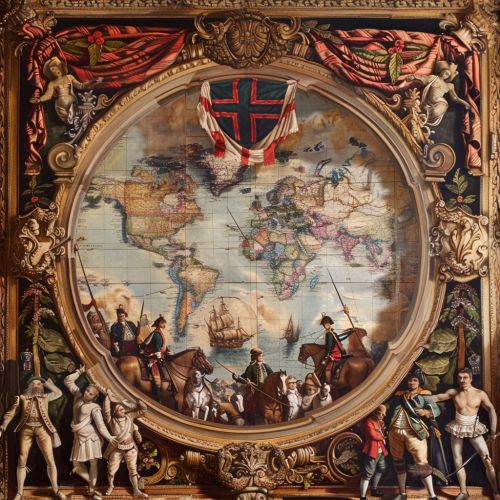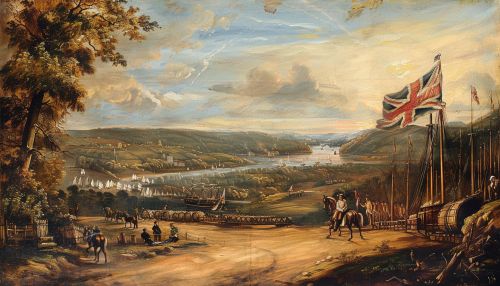1750
The World in 1750
The year 1750 marked a significant period in global history, characterized by the transition from the Early Modern period to the Industrial Revolution. This period was marked by significant developments in various fields such as politics, science, culture, and economics.
Politics
In the political sphere, the year 1750 was characterized by the continued dominance of monarchies and empires. The British Empire was expanding its territories overseas, particularly in North America and India. The French Empire was also a significant global power, with territories in North America, the Caribbean, and India. The Ottoman Empire was another major power, controlling vast territories in Southeast Europe, Western Asia, and North Africa.


Science
In the realm of science, the year 1750 was marked by significant advancements in various fields. The Enlightenment period, which had begun in the late 17th century, was in full swing, leading to major developments in philosophy, science, and politics. Key figures of the Enlightenment such as Isaac Newton and John Locke had laid the groundwork for a new understanding of the world, based on reason and empirical evidence.
Culture
Culturally, the year 1750 was marked by the dominance of the Baroque style in art, architecture, and music. However, the period also saw the beginnings of the Rococo style, particularly in France. The Rococo style was characterized by its lightness, elegance, and exuberant use of curving, natural forms in ornamentation.
Economics
Economically, the year 1750 was characterized by the dominance of mercantilism, a system of economic theory and policy that sought to enrich the country by restricting imports and promoting exports. However, the period was also marked by the beginnings of the Industrial Revolution, particularly in Britain, which would lead to significant changes in the global economy.
